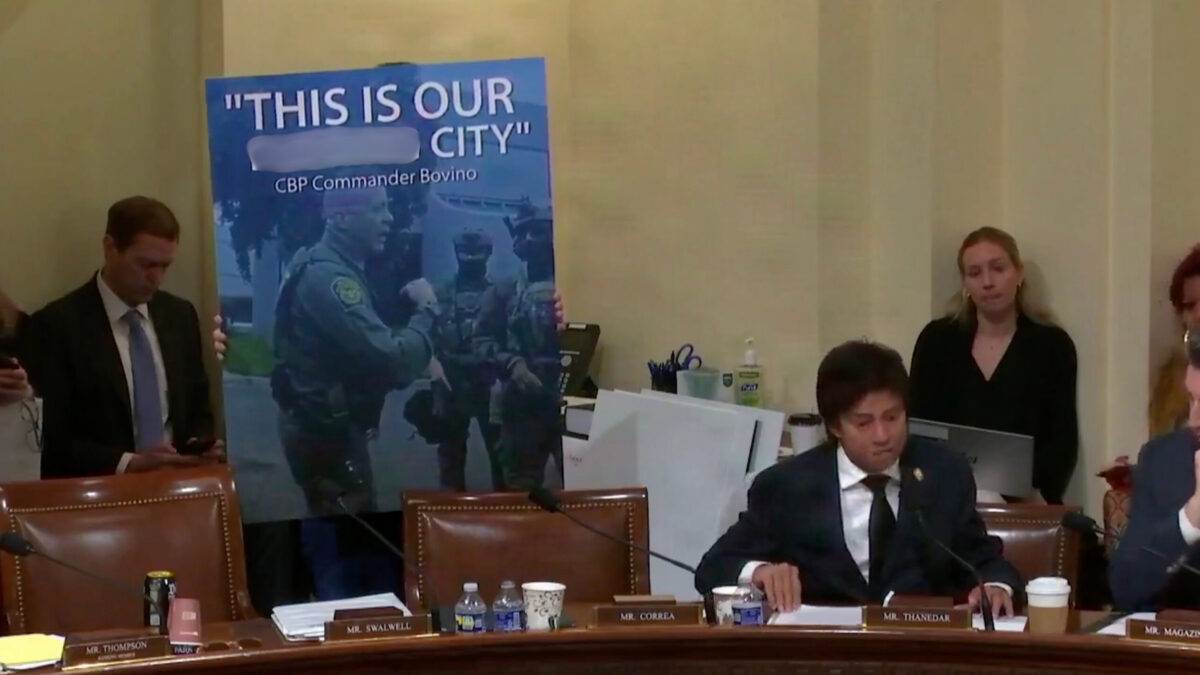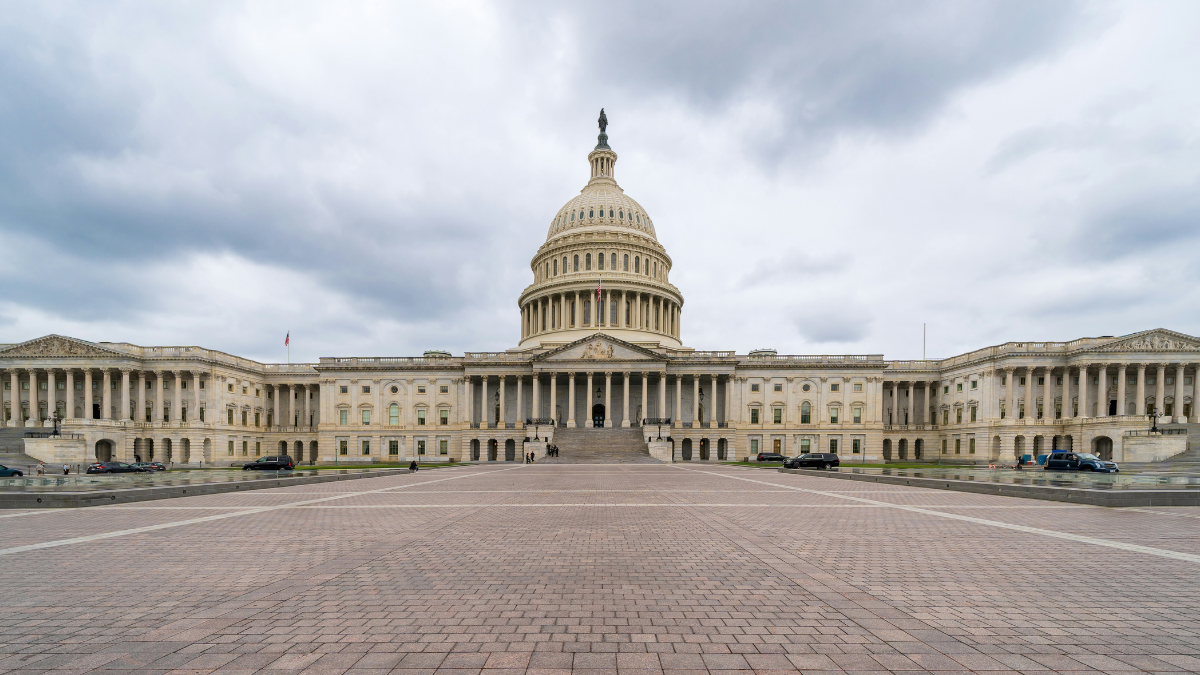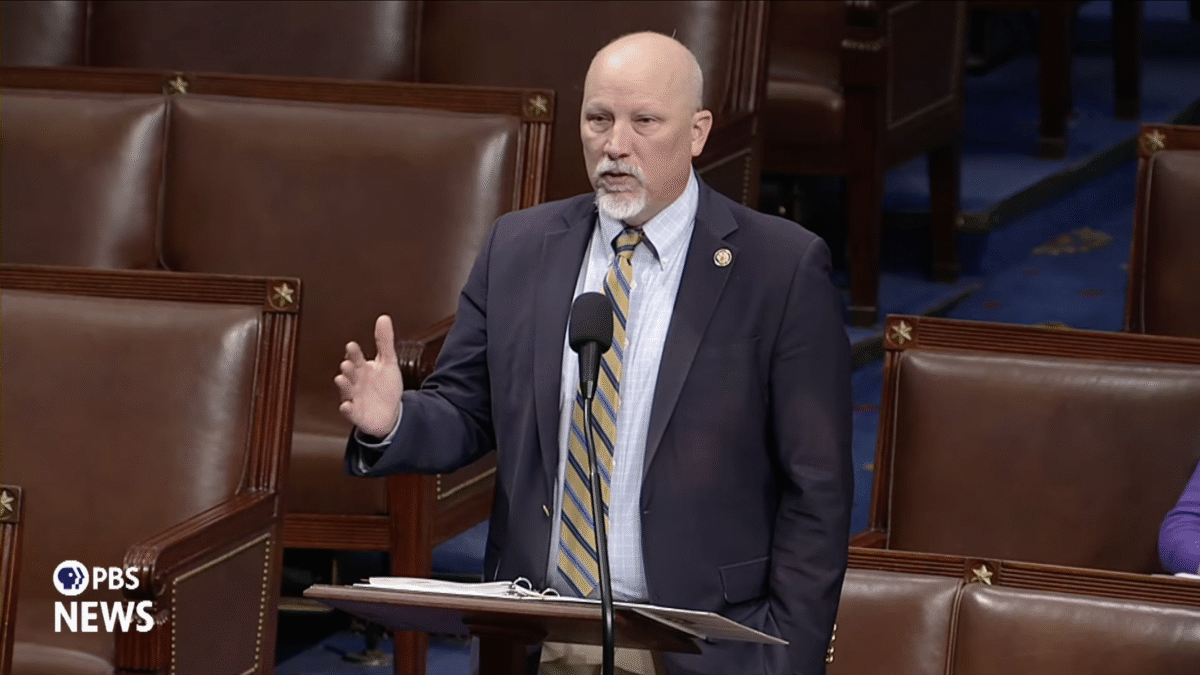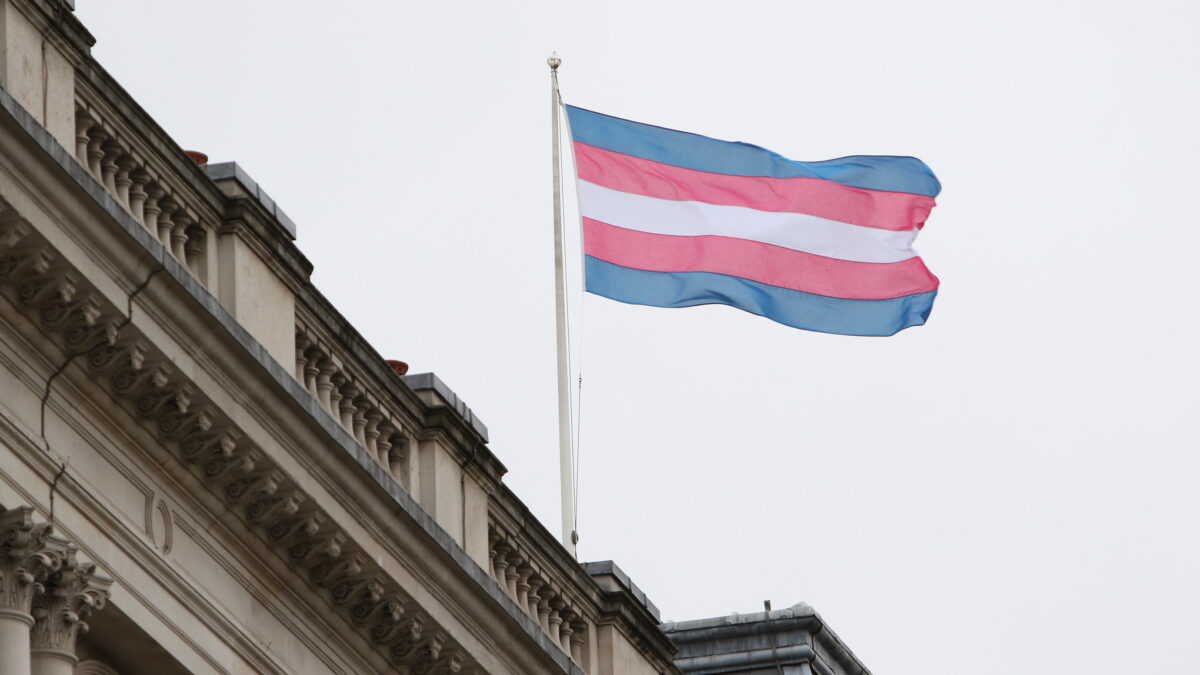
As surging crime rates, record-high gas prices, and rampant homelessness plague the daily lives of California’s most vulnerable residents, Democrats in that state are leaning into identity politics and divisive progressive policies in order to distract from their failures.
Support for affirmative action is nothing new on the left. But moves by Gov. Gavin Newsom and state lawmakers to usher in explicit quota systems that would force corporations to prioritize sex, race, and sexual preference ahead of merit were so radical that they garnered national attention and culminated in multiple court challenges.
Judge Maureen Duffy-Lewis of the Superior Court of California in Los Angeles County ruled in favor of the conservative foundation Judicial Watch earlier this month, finding that a law requiring women on corporate boards of directors violates the state constitution.
The 2018 law mandated that all publicly held corporations headquartered in the Golden State have a minimum of one director who “self-identifies her gender as a woman” by the close of 2019. Boards with five directors were required to have at least two women by January of 2022, while boards with six or more directors were required to have at least three.
Judicial Watch argued that the statute violates the Equal Protection Clause of the California Constitution: “The legislation’s quota system for female representation on corporate boards employs express gender classifications. As a result, [the law] is immediately suspect and presumptively invalid and triggers strict scrutiny review.”
Lawful discrimination must satisfy the legal standard of strict scrutiny; the government must successfully demonstrate that a discriminatory law serves a “compelling state interest” and is “narrowly tailored” to achieve that interest. In this case, Judge Duffy-Lewis found that the state of California failed to meet its burden every step of the way.
Law Not Necessary or Narrowly Tailored
“As to the claimed interest that [the law] was passed to remedy discrimination, the defendant has not met its burden to show that this is necessary nor narrowly tailored. Therefore … the Court determines that [the law] violates the Equal Protection Clause of the California Constitution and is thus enjoined,” she wrote. It doesn’t get any more straightforward than this.
“The Court eviscerated California’s unconstitutional gender quota mandate,” Judicial Watch President Tom Fitton said in a statement. “This is the second California court decision finding that quotas for corporate boards are unconstitutional. The radical Left’s unprecedented attacks on anti-discrimination law has suffered another stinging defeat.”
Last month, Judge Terry Green granted summary judgment to Judicial Watch in a separate case, finding that a similar law mandating racial and sexual identity quotas on corporate boards “violates the Equal Protection Clause of the California Constitution on its face.”
That law explicitly required California-based companies to have at least one director from an “underrepresented community” — that is, someone who “self-identifies” as either a racial or ethnic minority, or as gay, bisexual, or transgender — by the end of 2021. Boards with four to eight members were required to have two such directors, while those with nine or more members were required to have at least three.
According to Democrats like Newsom, counting human beings by the color of their skin represents real progress. “When we talk about racial justice, we talk about empowerment, we talk about power, we need to talk about seats at the table,” the governor insisted when he signed the law back in September 2020.
Treating Some Individuals Differently
In a 24-page opinion, Judge Green noted that the statute “treats similarly situated individuals — qualified potential corporate board members — differently based on their membership (or lack thereof) in certain listed racial, sexual orientation, and gender identity groups. It requires that a certain specific number of board seats be reserved for members of the groups on the list — and necessarily excludes members of other groups from those seats.”
One of the more fascinating portions of Green’s opinion reads: “The difficulty is that the Legislature is thinking in group terms. But the California Constitution protects the right of individuals to equal treatment. Before the Legislature may require that members of one group be given certain board seats, it must first try to create neutral conditions under which qualified individuals from any group may succeed. That attempt was not made in this case.”
While this may be a legal analysis, it’s also a remarkably fitting distillation of our current culture. Identity politics and racial essentialism have become so ubiquitous among progressive politicians and far-left activists that many now openly call for seeing people as interchangeable members of broad, collective groups rather than as unique individuals created by God.
Instinctively thinking in group terms is immoral; it’s dehumanizing and it robs people of their autonomy, agency, and dignity. The two recent court rulings appropriately rebuke the woke agenda of California Democrats and help to protect everyone — regardless of how they look.









